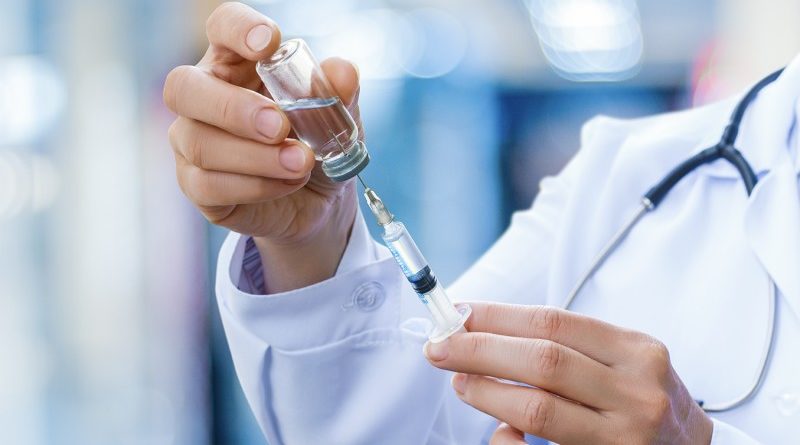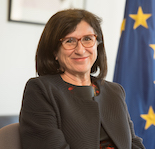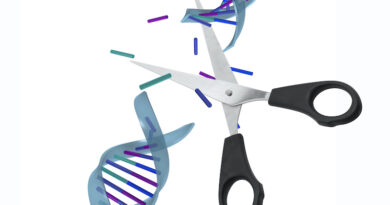
European Commission roadmap on vaccination
Last September, during the Global Vaccination Summit in Brussels co-organized with the World Health Organization (WHO), I was particularly moved by the presentations of two of our participants: Ethan Lindenberger, at the age of 18, went against his mother’s anti-vaccine stance and inoculated himself; and Kevin Brennan, whose sister Laura Brennan died of cervical cancer this year aged 26 after dedicating her last two years of life to advocate for the HPV vaccine – which she had not received. What struck me most about both of these cases, was that they could and should have been unnecessary.
Yet, these testimonies are crucial. According to a 2018 WHO/UNICEF report, vaccine hesitancy has been reported in more than 90% of countries worldwide, while according to a recent Eurobarometer, 38% of Europeans believe that vaccines could cause the illnesses from which they protect2.
Let us be clear vaccines work.
In 1980, the World Health Organization declared smallpox, which once killed 400,000 in Europe each year, to be eradicated. This was as a direct result of extensive vaccination campaigns. These campaigns save lives. In 2019 three EU Member States lost their measles-free status. There is still work to be done.
Vaccination is a safe and cost-effective way to protect people especially infants and young children – from certain infectious diseases. Despite this, many children in Europe go unvaccinated and remain vulnerable to potentially life-threatening diseases. The key to preventing serious consequences as a result is to ensure that every community is not only prepared but also well informed that vaccinations protect the individual and those around them.
At the EU level, our role is to assist countries in coordinating their policies and programmes.
The European Commission has stepped up its action on vaccination, working closely with EU Member States and key partners in the global community. In December 2018, the Council adopted a Recommendation to strengthen EU cooperation on vaccine-preventable diseases. Moving forward, the European Commission has set out a roadmap to ensure better cooperation among Member States.
Firstly, a feasibility study on the development of a common EU vaccination card began this year, with a proposal for a common vaccination document that could help EU citizens continue their vaccination across Member States, is expected in 2022.
The Commission will continue the development of safe and effective new vaccines through Research programmes Horizon 2020 and the upcoming Horizon Europe.
The bi-annual Report on the State of Vaccine Confidence in the EU started in 2018. Its role is to monitor attitudes to vaccination on a regular basis. Based on this, guidance that can support Member States in countering vaccine hesitancy will be presented by 2021.
Information is key, in particular to counteract the increasing trend on hesitancy in some of our countries. The European Centre for Disease Prevention and Control (ECDC) will establish a European Vaccination Information Sharing system and provide guidance for developing relevant and trustworthy sources of information for the public, as well as a European vaccination information portal to be launched next year.
The Commission will support countering online vaccine disinformation and develop evidence-based information tools and guidance for Member States in responding to vaccine hesitancy. Communication on vaccination, explaining the myths, misconceptions and skepticism that surround this issue will be a priority for the next College.
In the field of vaccine reserves, the Commission is considering a virtual European data warehouse on vaccine needs, which could facilitate the voluntary exchange of information on available supplies, possible surpluses and global shortages of essential vaccines. This would ensure that necessary measures are in place in the event of a pandemic.
We also want to ensure, along with industry, that a steady supply of vaccines is available, while ensuring a diversity of suppliers, and to exploit the possibilities of joint vaccine procurement. Measures such as these are already being rolled out. 15 Member States and the Commission have signed framework contracts for the production and supply of pandemic influenza vaccines guaranteeing access to vaccines in the case of a pandemic.
Recent years have shown us that the spread of contagious diseases do not respect borders.
Europe has not only a responsibility to its citizens but to the global community as well, as evidenced by its work this year in central Africa. Thanks to close cooperation of Member States and the European Medicines Agency (EMA), more than 1.5 million doses of a new Ebola vaccine in the Democratic Republic of Congo have now been stocked.
Together in the EU, we have built solid foundations that will serve us well for success in the future. Let us keep up the fight to relegate further diseases to history, and ensure that following generations no longer die from preventable causes, and avoid further speeches like those of Ethan Lindenberger and Kevin Brennan.




